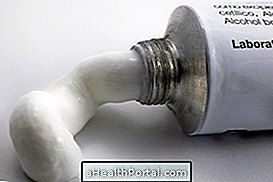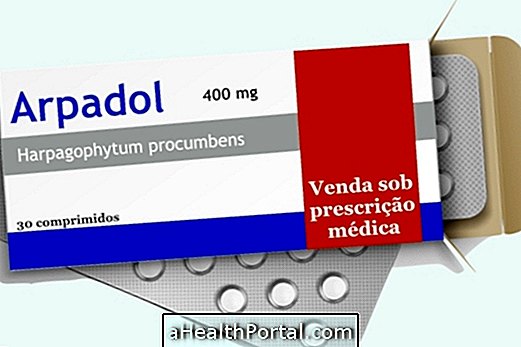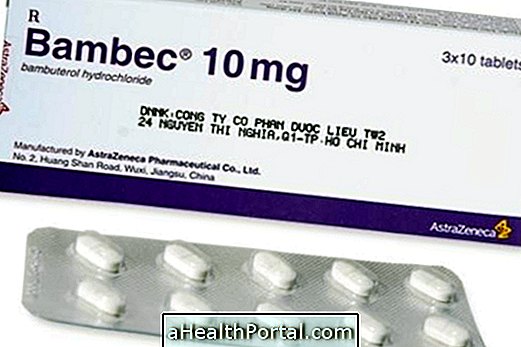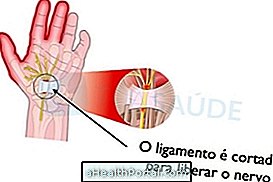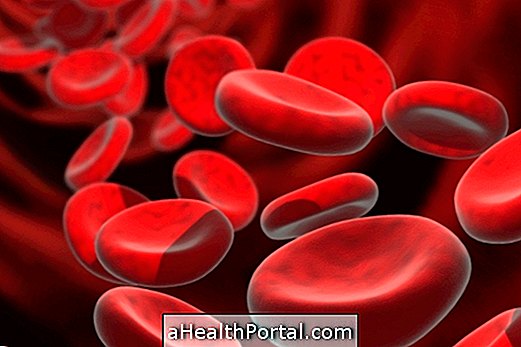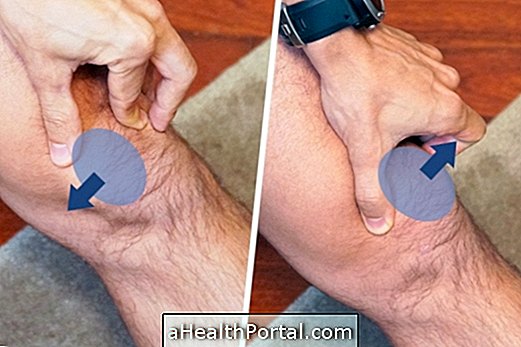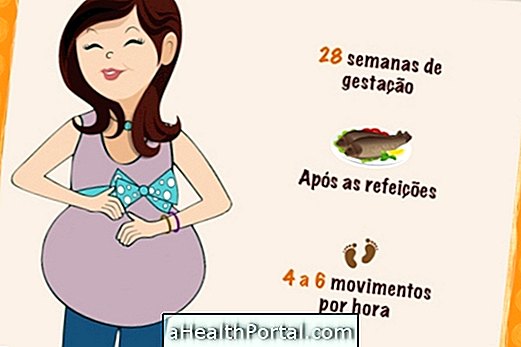The ideal BMI values of an adult range from 18.5 to 24.9, and values above these indicate overweight or obesity while values below these may indicate thinness or malnutrition. To calculate the Body Mass Index you can use our calculator online.
If your result is not ideal see what you can do to achieve this goal.
What to do when you are above the ideal
If the result of the BMI is above ideal and you are not a very muscular person, nor an athlete, this may indicate that it is necessary to lose weight, eliminating the accumulation of fat.
For this you should eat only foods rich in vitamins and minerals, taking care to reduce the consumption of foods rich in fat, such as pastry, cakes and biscuits, snacks and barbecue, for example.
For results to be achieved even faster it is advised to do exercises to increase caloric expenditure and increase metabolism. Going for teas and natural supplements can be a further incentive to lose weight in a healthy way without having to go hungry. Some examples are hibiscus tea or ginger tea with cinnamon, but a nutritionist may indicate others that are best suited to your need.
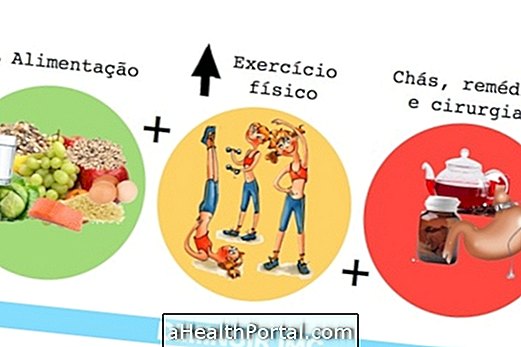
In case of obesity, weight loss pills such as Sibutramine, or even weight loss surgeries, such as bariatric surgery, may be indicated. However they should also be accompanied by a strict diet and exercise, as far as possible.
What to do when you are below the ideal
If the result of BMI is below ideal, what should be done is to increase the intake of foods rich in vitamins and minerals, avoiding to make many efforts so that the body can better absorb the calories ingested, distributing them by the body.
It is important that people with very low BMI strive to eat a greater amount of good quality foods several times a day but without falling into the mistake of eating foods high in fat. Pizza, fried foods, hot dogs and hamburgers are not the best foods for those who need to increase their weight in a healthy way, because this type of fat can accumulate inside the arteries, increasing the risk of heart disease.

Sometimes the lack of appetite may be linked to some physical or emotional illness and a doctor may indicate what tests to do to identify the cause of low weight. When stress and anxiety are present the follow-up of a psychologist can be of great help.
When to recalculate the BMI
After 1 month of starting this new way of eating and staying active it is recommended to check the result of the effort to decrease or increase the weight.
Usually people who have never taken care of food or exercise, it is easier to lose weight, but when the goal is to increase the weight in a healthy way the process can be more time-consuming.
The important thing is to know that you need to stay focused and persistent without getting discouraged along the way because being within the ideal weight is not just a matter of aesthetics but a matter of health and quality of life.
In addition to BMI, it is also important to know the outcome of the waist-to-hip ratio to assess the risk of having cardiovascular disease, such as diabetes and heart attack. Here's how to calculate it here.







